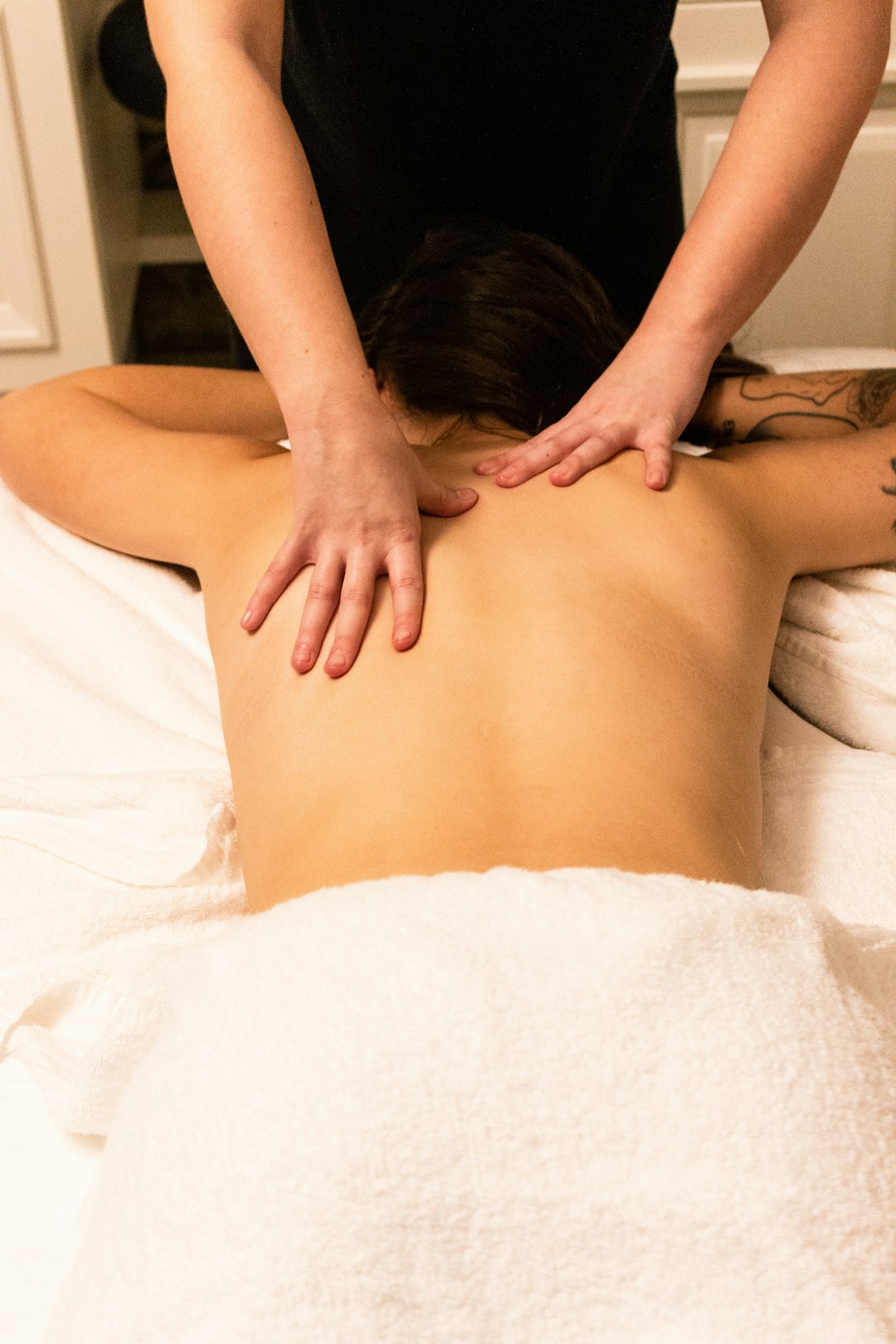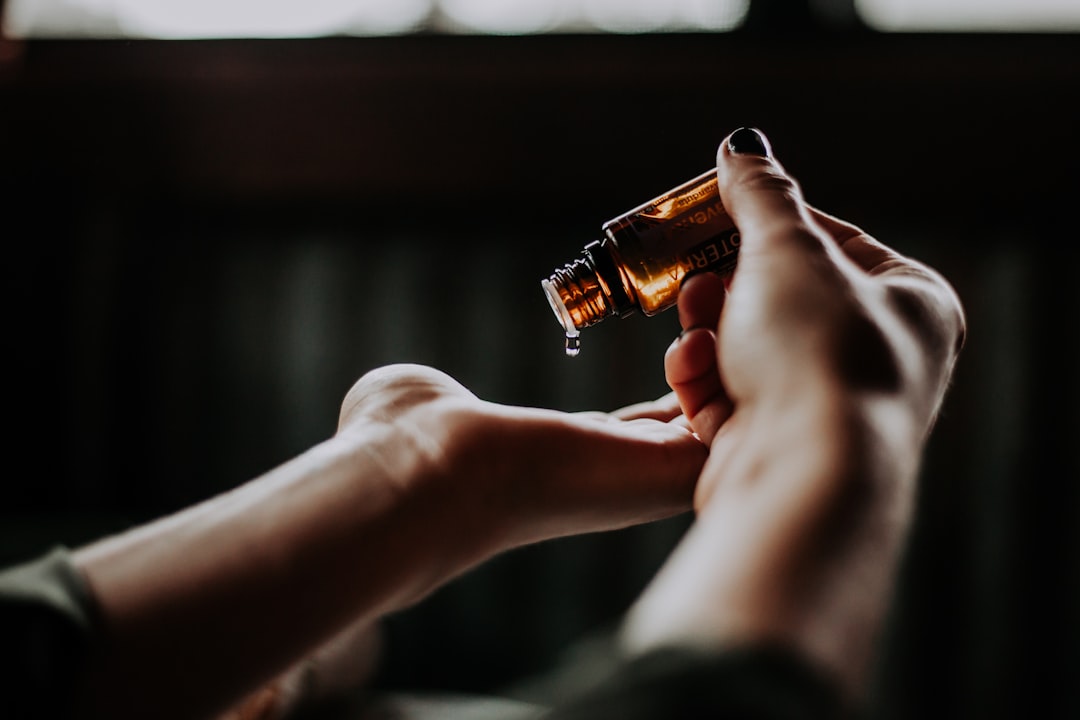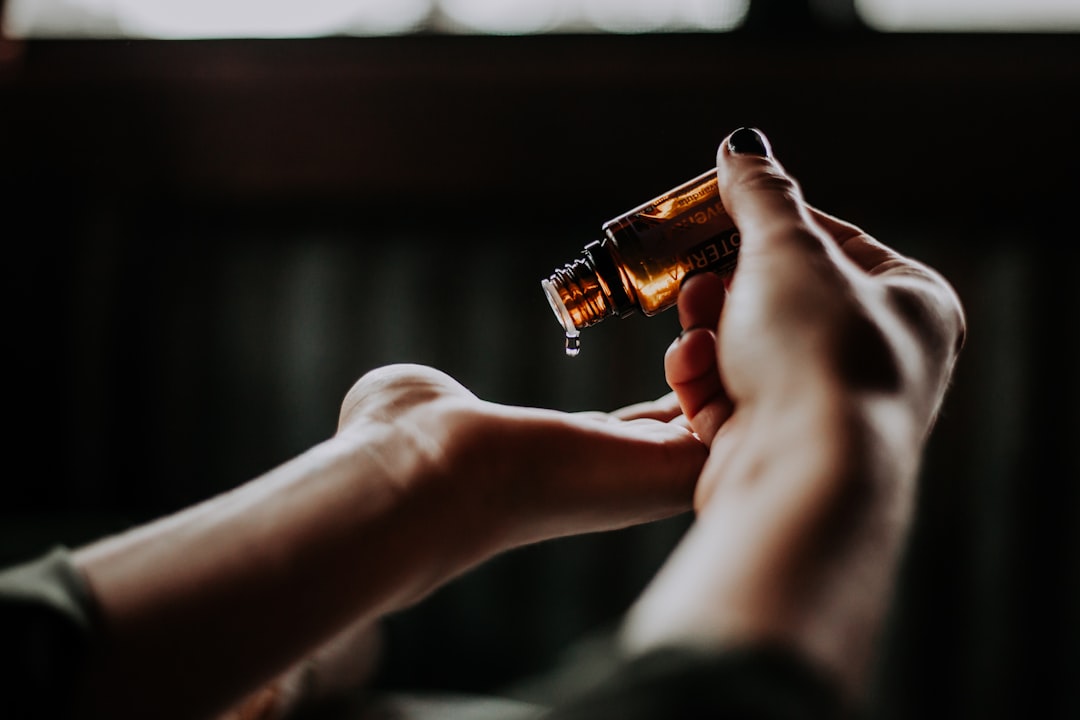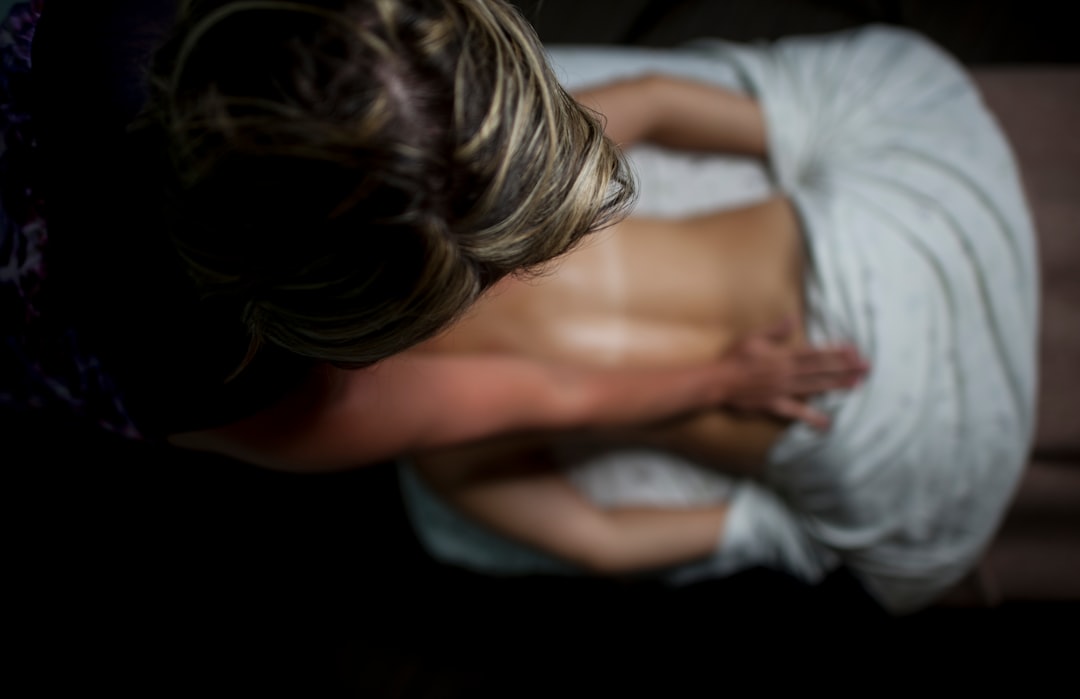In New York, as in many states, massage spa misconduct can range from professional negligence to outright abuse. Understanding your rights is crucial if you’ve been a victim. This guide outlines legal solutions for addressing such cases, focusing on state laws governing massage therapists and spas. We explore the steps to file a claim, the roles of key parties, and the potential damages available to victims. If you’re seeking a massage spa abuse lawyer in New York, this comprehensive overview is your starting point.
Understanding Massage Spa Misconduct Laws in NY

In New York, the legal framework surrounding massage spa misconduct is designed to protect clients from abusive practices and ensure ethical business operations. Misconduct can range from sexual harassment or assault by massage therapists to false advertising or unlicensed practice. The New York State Education Department and the New York State Attorney General’s Office play pivotal roles in regulating massage spas and holding offenders accountable.
If you’ve experienced massage spa abuse in New York, it’s crucial to consult a dedicated massage spa abuse lawyer. These legal professionals are equipped to navigate complex laws and regulations, helping clients understand their rights and pursuing justice through appropriate legal avenues. A qualified massage spa abuse lawyer in New York can guide victims through the process of seeking compensation for emotional distress, physical harm, or financial losses incurred due to misconduct.
Roles and Responsibilities of Massage Therapists

Massage therapists play a crucial role in promoting relaxation and healing through their hands-on techniques. In New York, as in many places, they are held to high standards of professionalism and ethical conduct. This includes maintaining a safe and respectful environment for clients, obtaining informed consent, and adhering to strict hygiene practices. However, despite these guidelines, massage spa misconduct can occur, leading clients to seek legal counsel from experienced massage spa abuse lawyers in New York.
Massage therapists are responsible for understanding and enforcing boundaries within their professional relationships with clients. This involves recognizing and addressing any discomfort or inappropriate behavior, ensuring all interactions remain consensual, and maintaining a professional demeanor at all times. Failure to do so can result in legal repercussions, as well as severe emotional distress for victims of such misconduct.
Steps to File a Legal Claim Against a Spa

If you’ve experienced misconduct or abuse during a visit to a massage spa in New York, it’s important to take action. The first step is to gather all relevant information and evidence, including details about the spa, the date and time of your visit, and a comprehensive account of what transpired. It’s crucial to document any injuries or harm you suffered as a result.
Next, seek out a qualified massage spa abuse lawyer in New York who specializes in handling such cases. They will guide you through the process of filing a legal claim, which typically involves preparing and submitting a demand letter to the spa, outlining your allegations and seeking resolution. If negotiations fail, your attorney will help you file a lawsuit against the spa for negligence, assault, or any other applicable charges.
Compensating Victims: Damages and Remedies

When a client experiences misconduct or abuse during a massage at a spa, they are entitled to seek compensation for their damages and remedies. This can include physical pain and suffering, emotional distress, medical expenses, and even lost wages if unable to work due to the trauma. A skilled massage spa abuse lawyer in New York will help victims navigate the legal system to ensure they receive fair and just reimbursement for these losses.
Remedies may also extend beyond monetary compensation. Victims can seek injunctions to prevent the spa from engaging in similar misconduct, or they might request that the spa take specific actions to improve their safety protocols and staff training. These measures aim to protect not only the victim but also future clients who could potentially face similar situations.






